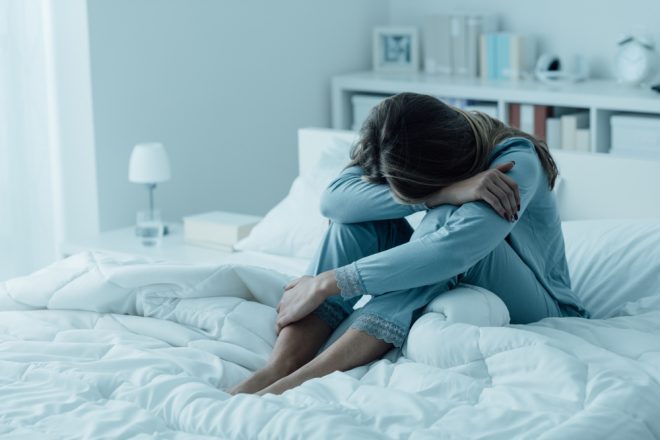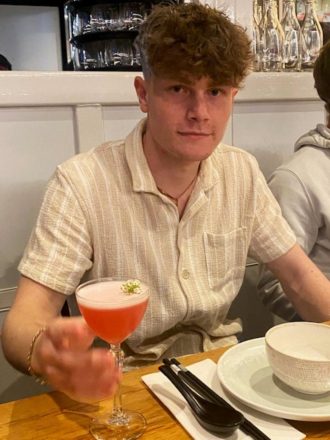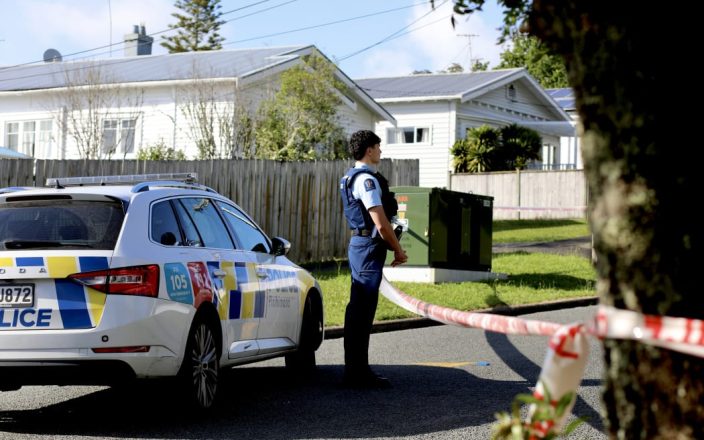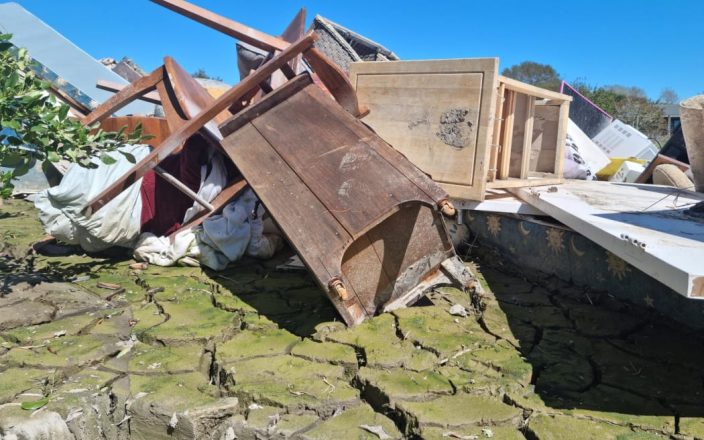A recent report reveals that one in three New Zealanders believe their wellbeing is at its lowest level. The Lululemon Global Wellbeing report, conducted between 1 May and 5 June 2023, indicates that New Zealand’s wellbeing score is below the global average.
Some key findings include:
- 65% of Kiwi participants view wellbeing as their primary concern.
- 47% think maintaining good wellbeing is challenging.
- Only 6% are satisfied with their current wellbeing, and 39% feel pessimistic about the world’s state.
- Due to cost-of-living pressures, 53% state they can’t prioritise their health and wellbeing.
- Gen Z and LGBTQIA+ community members express significant concern, with half of Gen Z admitting they avoid discussing mental health and 50% of LGBTQIA+ respondents feeling they can’t concentrate on their wellbeing.
External factors, such as climate change, political issues, and global conflicts, exacerbated by social media exposure, are impacting mental health. Additionally, young parents experience stress balancing work, household duties, and childcare.
University of Otago academics, writing for The Conversation, questioned if there’s a “wellbeing pandemic”. They suggest that as understanding of wellness evolves, individuals may become overly self-critical, leading to increased vulnerability to marketing tactics promoting wellness solutions.
For those seeking support, numerous helplines, including Lifeline and Youthline, are available.
• Lifeline: Call 0800 543 354 or text 4357 (HELP) (available 24/7)
• Suicide Crisis Helpline: Call 0508 828 865 (0508 TAUTOKO) (available 24/7)
• Youth services: (06) 3555 906
• Youthline: Call 0800 376 633 or text 234
• What’s Up: Call 0800 942 8787 (11am to 11pm) or webchat (11am to 10.30pm)
• Depression helpline: Call 0800 111 757 or text 4202 (available 24/7)
• Helpline: Need to talk? Call or text 1737
If it is an emergency and you feel like you or someone else is at risk, call 111






























































